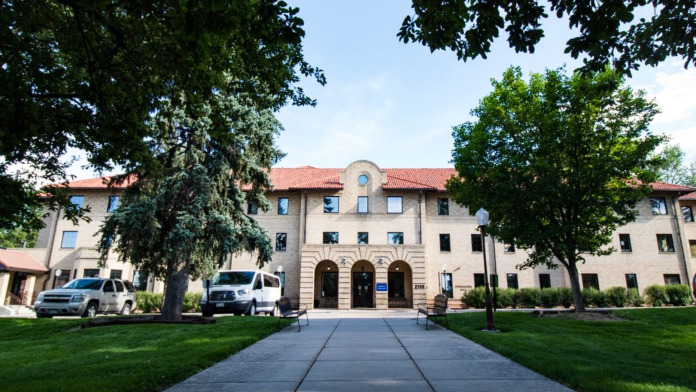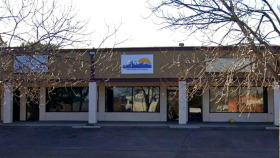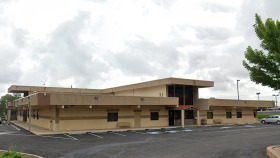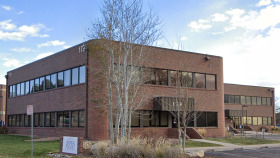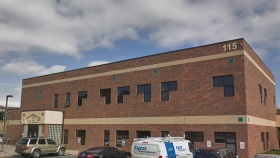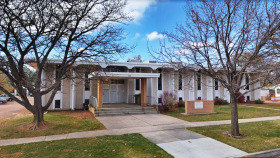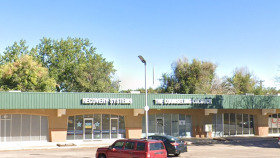About Cedar Springs Hospital Adult Programs
Cedar Springs Hospital Adult Programs in Colorado Springs, Colorado, is part of the hospital’s behavioral health treatment programs. They provide an array of mental health treatment services to manage a variety of conditions including substance use disorder (SUD).
For 100 years they have provided quality care to the surrounding area. This includes both inpatient and outpatient treatments that are targeted to treat adults and vulnerable members of the community including military service members.
For payment they accept most major insurance, Medicare, Medicaid and TRICARE. They also offer financial assistance.
Detox Support with Inpatient Care
Sometimes, a person’s addiction is so severe that they can’t risk attempting an outpatient substance abuse treatment program. In this scenario, inpatient acute care is recommended for people ages 18 or older.
This will include round the clock care that prioritizes medical detoxification; intensive therapy offered in individual, group, and family settings; case management; and an individualized educational regimen. After you successfully complete the inpatient program, you might be encouraged to transition to either the partial hospitalization or intensive outpatient program.
The Bridge Partial Hospitalization Program (PHP)
While working toward sobriety, you might need the hands-on approach of a partial hospitalization program (PHP) or an intensive outpatient program (IOP). With a partial hospitalization program, you’ll spend most daytime hours at Cedar Springs, but you’ll stay overnight at your own residence. It’s referred to as The Bridge and operates five days a week from Monday through Friday.
An emphasis is placed on building education and skills to prevent relapse while also prioritizing wellness. Additionally, dual diagnosis support is available in this program to help manage underlying mental health concerns that can trigger relapse.
Intensive Outpatient Care
Their IOP meets five days a week but for only four hours each day. This still provides support but is more flexible and encourages independence as people begin to lean into their sobriety and gain their footing.

